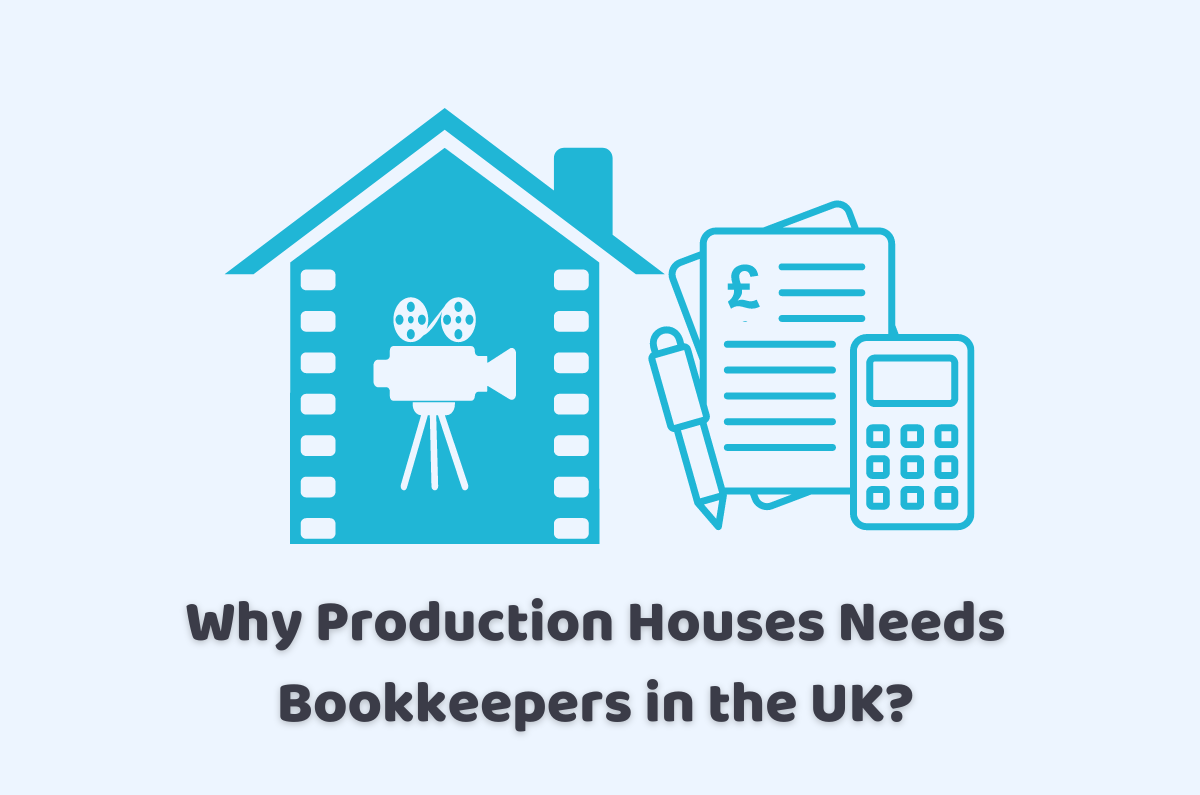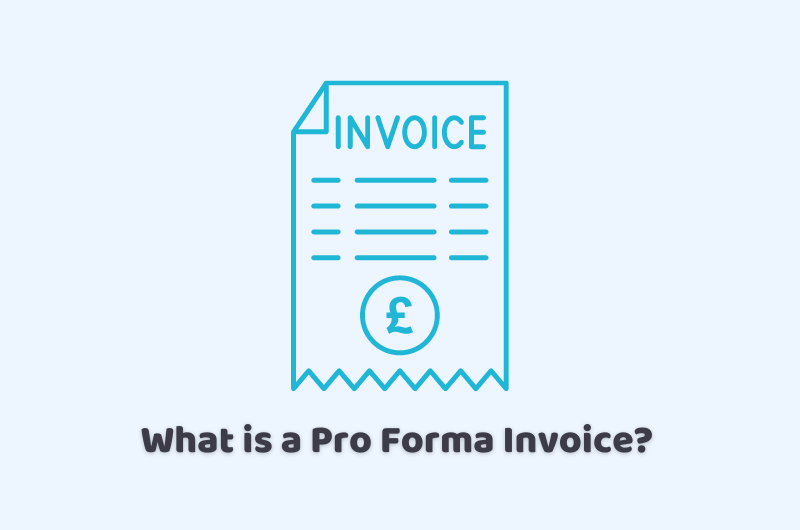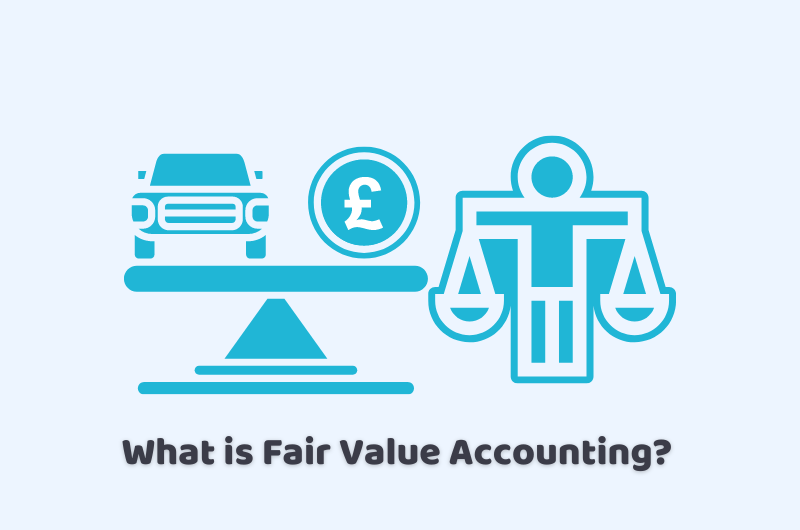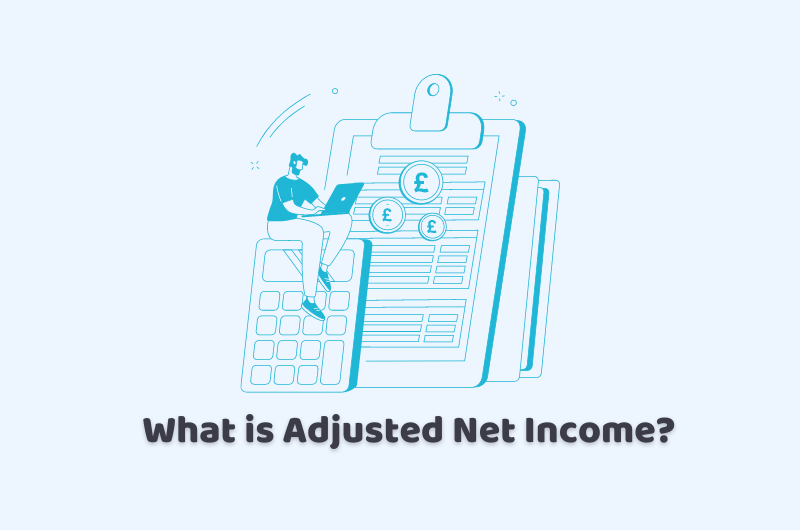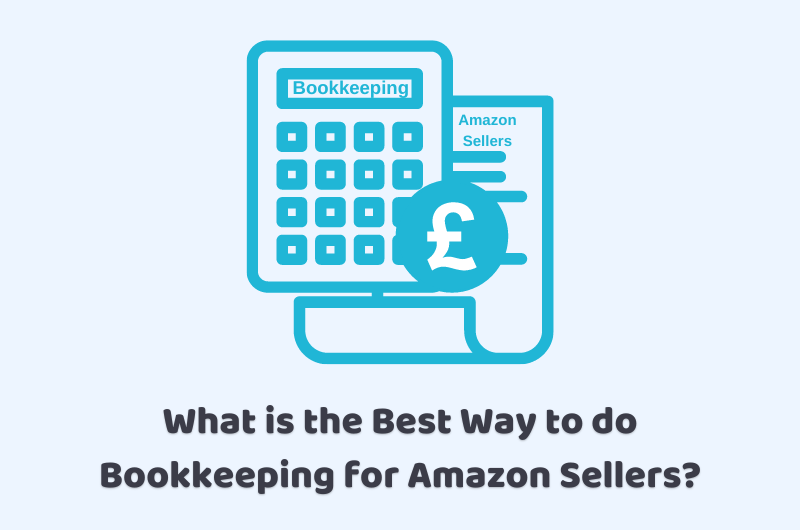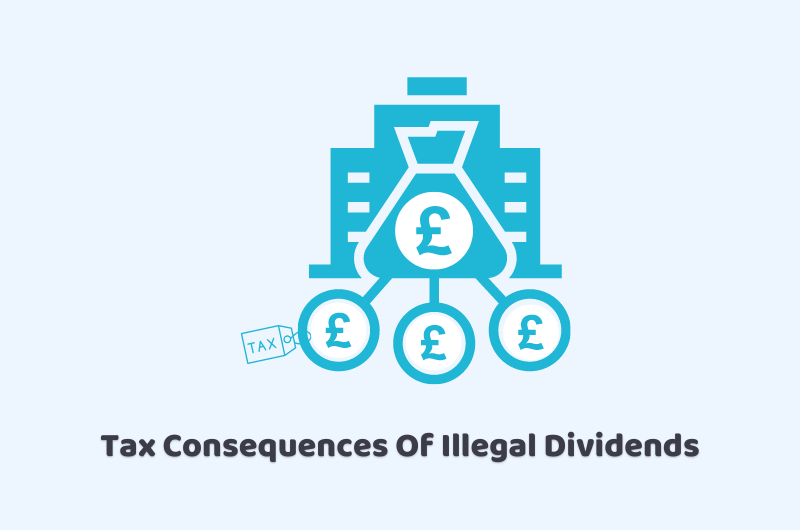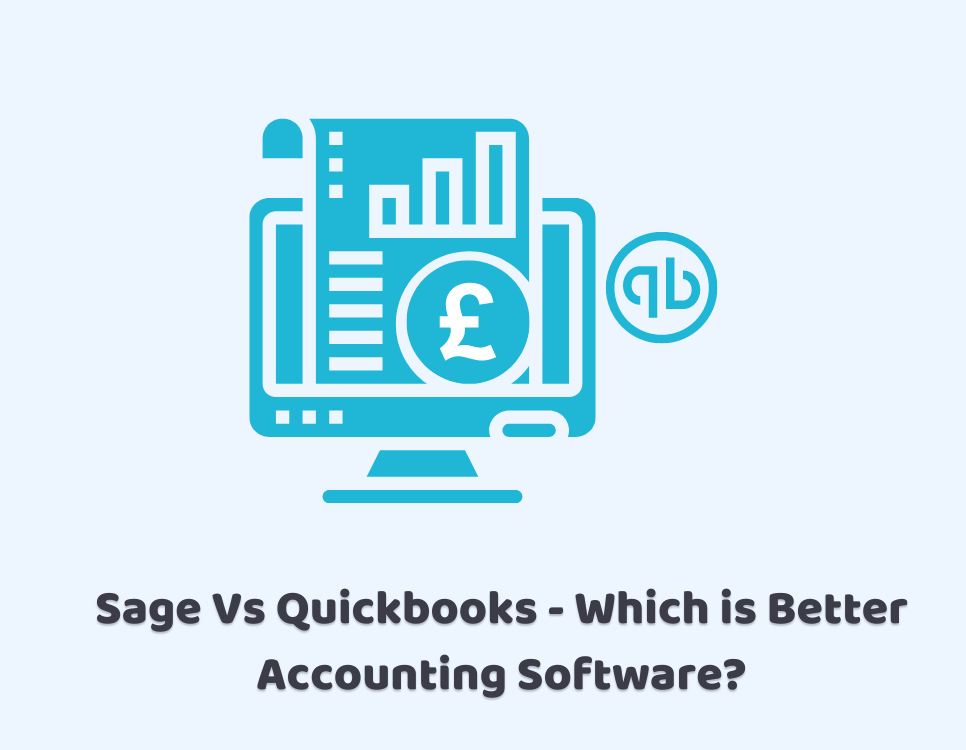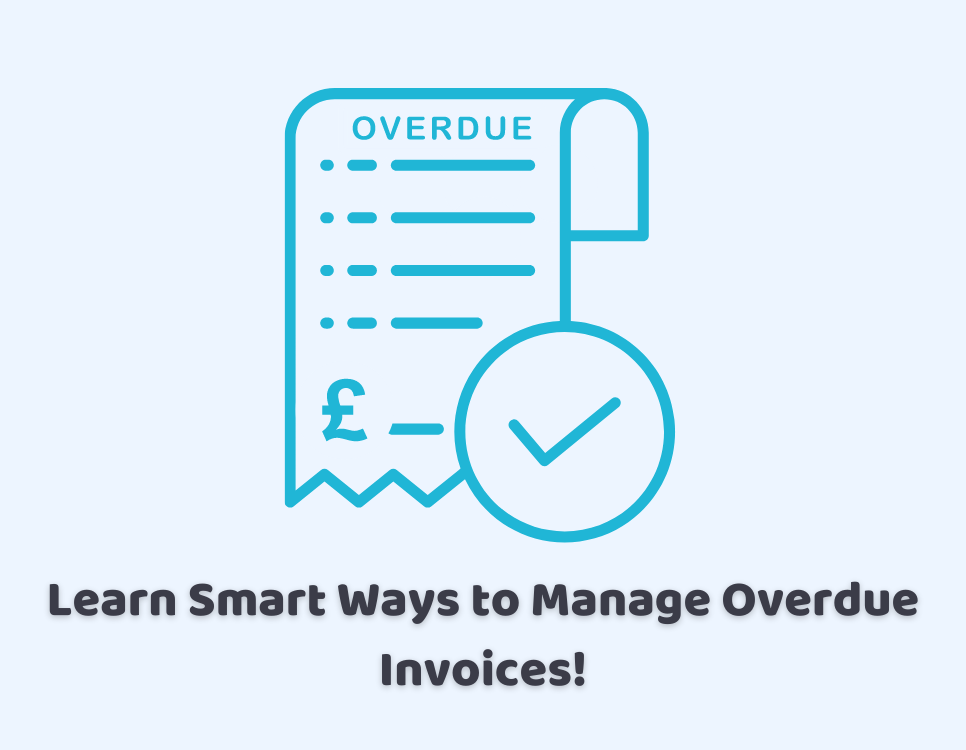01/04/2024Accountants , Accounting , Accounting Issues , Bookkeeping
Why does Airbnb need accountants? Airbnb is a popular home-sharing site and travel platform. It is a widely recognised brand and an invaluable asset in many global markets. The business has continued to grow and thrive despite the challenges faced during the COVID-19 pandemic. Which highlights the importance of having well-planned and efficient financial oversight. …
Read more


